We all have different upbringings, and it’s fair to say that this shapes us as a person and changes our perspective of the world. If you grew up with money being a struggle, you were forced to face more challenges than most, and some of the habits you formed as a child may carry into your adult life. Here are 15 things that only people who grew up poor will understand.
1. Shopping in thrift stores
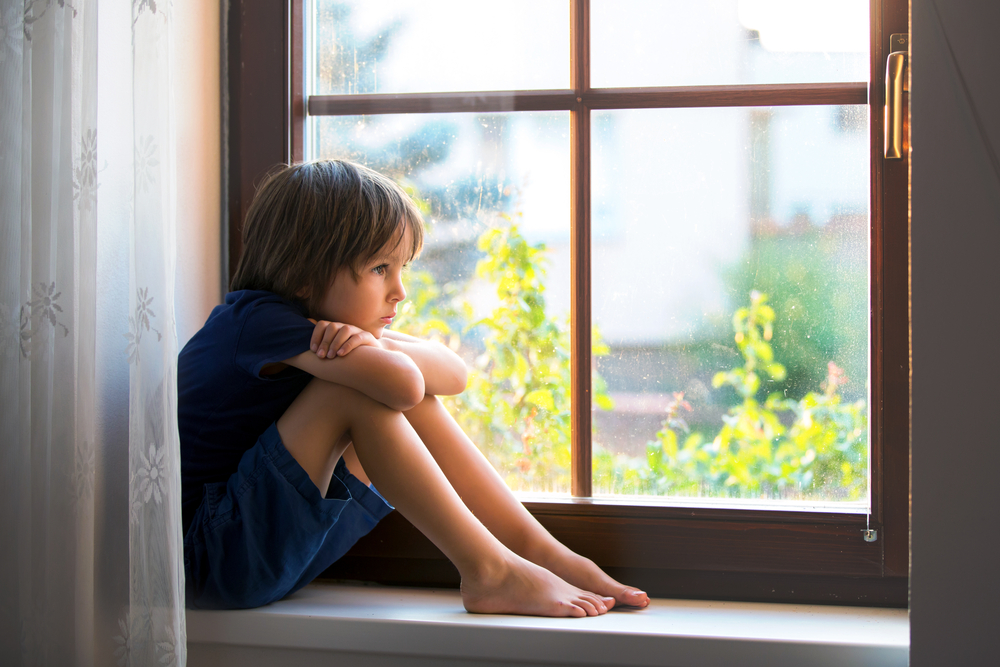
Thrift stores are great — who doesn’t love discounted items? If you grew up poor, you probably spent a lot of time in thrift stores. It’s where you got your clothes, your shoes, your toys, your books, and everything in-between. While it probably doesn’t bother you now, it might have made you feel left out as a child, especially if your friends were wearing more expensive and designer items. But luckily, you didn’t place too much weight on materialistic things — a plate of food and a roof over your head were more important.
2. Stay-cations being your only vacations

Oh, how you longed for long summer vacations that you could brag to all of your friends about. Unfortunately, your idea of a summer vacation was sleeping in a tent in your yard with a few toasted marshmallows as a special treat. But you didn’t complain much because you still appreciated these stay-cations where you prioritized family time over anything else. Money can’t buy happiness, right?
3. Having a sharp eye for discounts

Even as a child, you were trained to keep an eye out for any way you could save some cash. You would look for reduced items, discounts, and clearance items like your life depended on it (maybe it did!). And you would feel so proud of yourself if you helped your parent(s) make some great savings. Even as an adult, this habit has stuck with you, and you find yourself waiting until an item is in the sale before buying it.
4. Wearing hand-me-downs

Growing up, you could probably relate to Ron Weasley and his hand-me-down robes. You were often seen wearing sweaters and coats that were far too big for you because they used to belong to your siblings or older cousins. No doubt you were told, “It’s okay, you’ll grow into it”. And you did grow into it… eventually.
5. Valuing the little things

A hidden blessing to growing up poor is you never took what you had for granted. If you went to bed with a full belly and a warm blanket, you were happy. You valued the time you spent with your friends and family more than materialistic things. You were happy with the ‘basics’ because it’s the basics that made you feel most content in life.
6. Being forced to think creatively

You couldn’t afford the latest toys that all of your friends had, so you had to entertain yourself in other ways. You would make your own toys out of scraps and things you had around the house, like buttons, cardboard, tape, and coloring pens. You felt left out at times, but at least it helped you to use your imagination and embrace your creative side.
7. Feeling like you were on vacation every time you went to a friend’s house
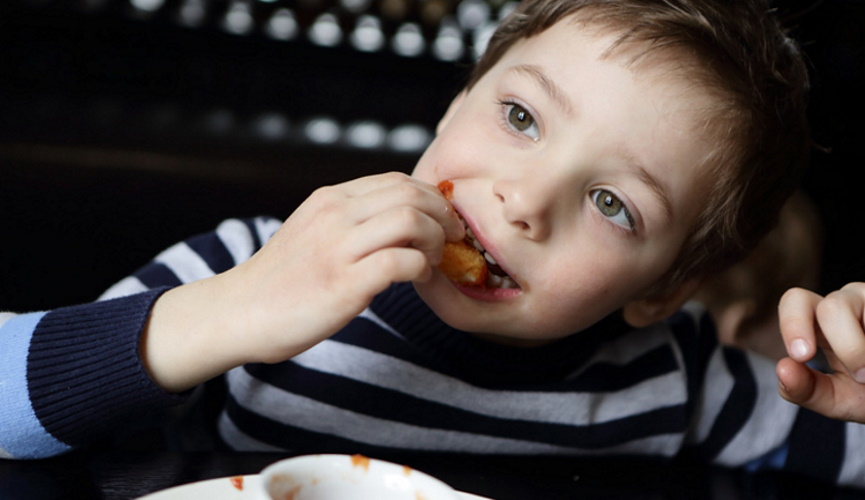
When you knew you were going to your friend’s house, you’d get so excited. They had all the things you didn’t have, so you’d make the most of your time there. You’d play with all the toys and games you could never usually play with, and you’d feel like you won the lottery if they ever said you could borrow one of their toys. If you couldn’t take a vacation, going to a friend’s house was the next best thing.
8. Not wanting to invite a friend over

While you loved going to your friend’s house, you’d never invite them over to your home. Even though you wouldn’t like to admit it, you felt quite embarrassed. You didn’t want them to see how little you had compared to what they had. You didn’t want their pity. Therefore, you missed out on a lot of social gatherings because of it.
9. Looking for money on the street
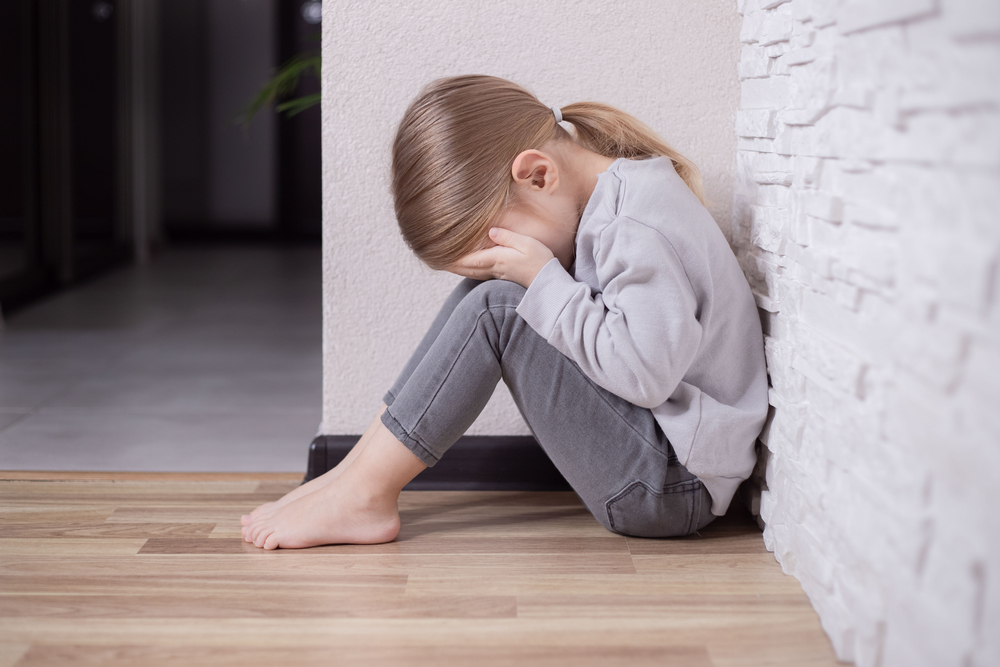
If you ever left the house, you would see it as an opportunity to find money on the street. You knew the value of money in a way that other people didn’t. So what would be a worthless dollar to one person, would be like hitting the jackpot for you. If you ever found any money, you would feel so proud to return home with it, knowing that this small contribution could make a big difference to the family.
10. Experiencing social stigma
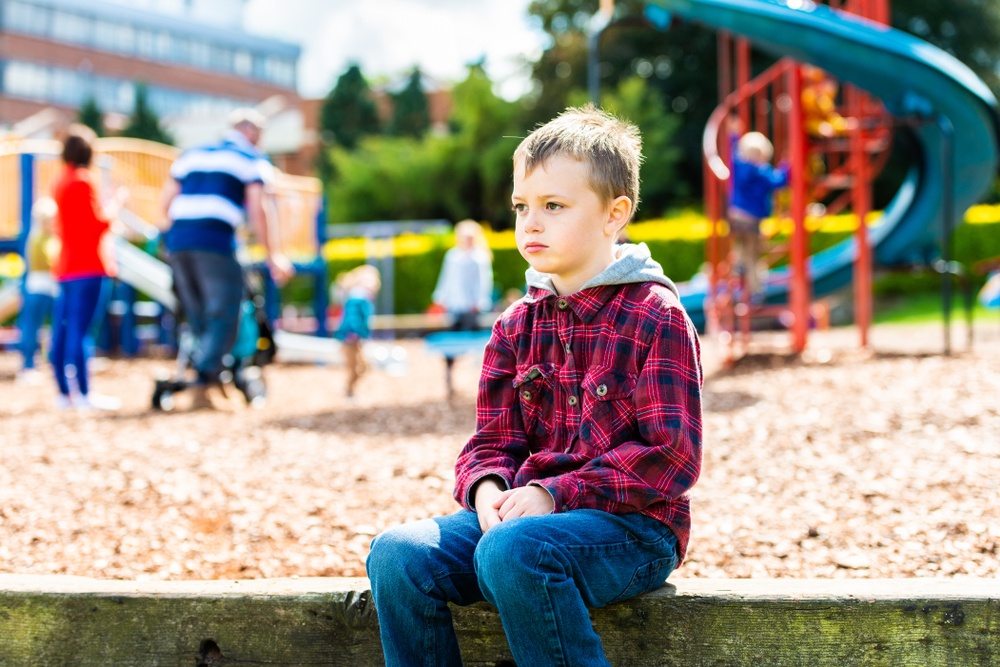
Unfortunately, you faced a lot of challenges growing up. One of those challenges was facing discrimination and judgement from other school kids and parents. More advantaged people would look down on you at times or pity you for being disadvantaged. This was tough to deal with, but it helped you to become stronger and more resilient. It made you into the person you are today.
11. Valuing experiences over everything
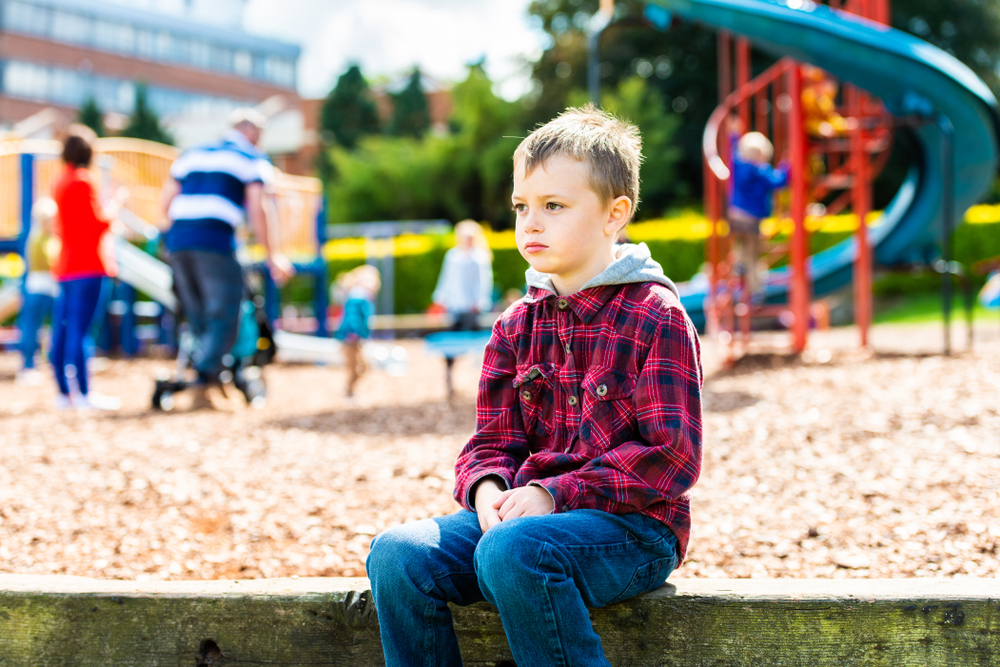
When you grow up poor, you tend to place more value in experiences with other people over materialistic things. Vacations and shopping trips are fun, but so is a day at the park with your family or friends. If you could go out somewhere for free and find plenty of fun moments and have lots of laughter, that was time well spent. And those kinds of experiences were priceless!
12. Eating out feeling like a luxury

For some families, going out for a meal or getting fast food is something they do every week. But if you grew up poor, this rarely happened. If you ever went out to a restaurant, it had to be for a very important occasion. And when you did go out, you would try to pick the cheapest item off the menu, even if it wasn’t what you wanted.
13. Growing up fast

Unfortunately, you felt like you had to grow up fast so that you could help support your family. You had to take a more parental role and find a job as a teenager so that you could bring in some extra money to pay the bills. However, you enjoyed the responsibility and knowing that your contribution could really make a difference. And it taught you the value of hard work.
14. Learning not to waste food

Food is seen as very important in a poor household. It was bought with hard-earned money, so you had to make sure it was never wasted. If something was starting to turn bad, it would still be used in a soup. The parts of fruits and vegetables that were often thrown away, you would use in a stew or broth. Even if there was a food you didn’t enjoy, you’d still eat it and be grateful. After all, a full belly was more important than anything else.
15. Having more empathy for other people

One of the better things about growing up poor is it helps you to develop compassion and empathy for others. You know more than anyone how it feels to grow up with less, so you’re more understanding of people who are going through their own struggles. Other people turn to you during hard times because they know you’ll be supportive and helpful, and this allows you to develop stronger and more honest relationships.



